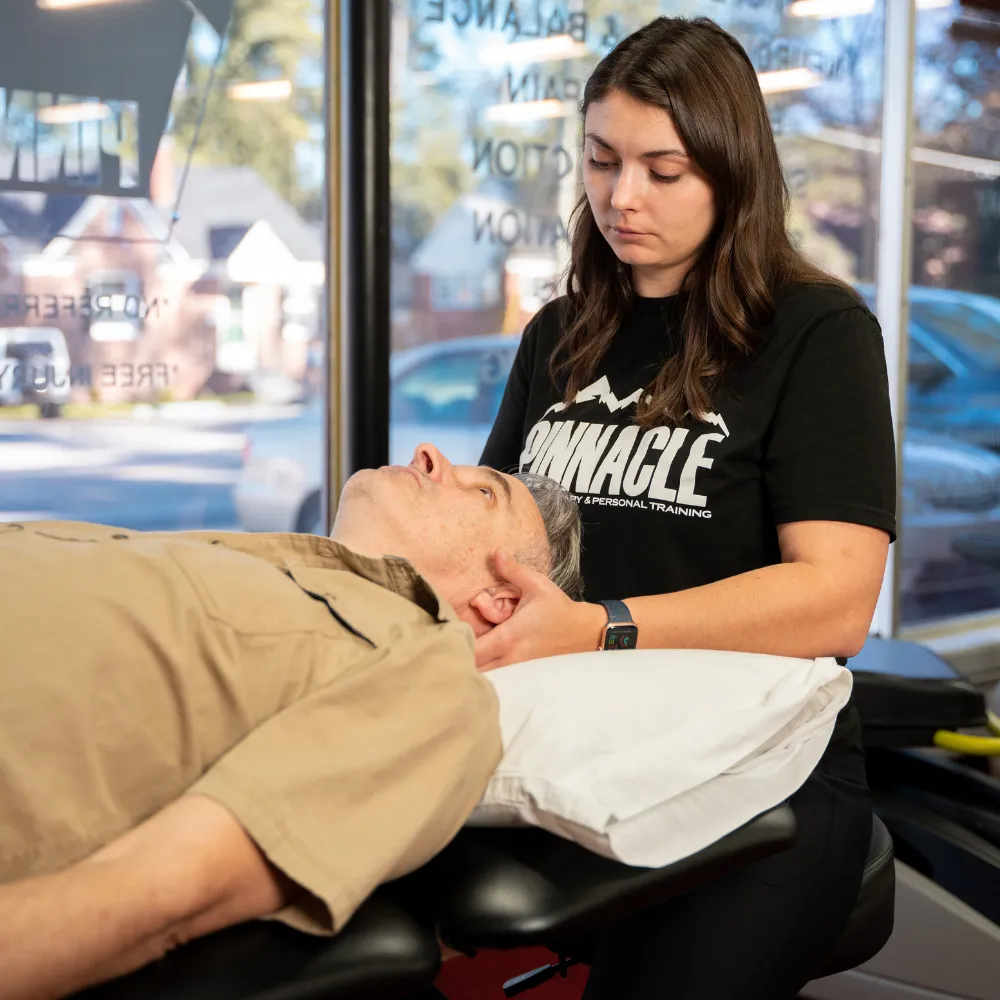Vestibular Therapy In Columbia

Insights into Vestibular Rehabilitation Therapy in Columbia
Vestibular Rehabilitation Therapy, a specialized segment of physiotherapy, targets ailments of the vestibular system. It includes specific head maneuvers and tailored exercises to mitigate symptoms such as vertigo, dizziness, visual disruptions, and instability. Following a vestibular injury, the body’s central nervous system adapts by depending more on other systems for equilibrium. Implementing targeted exercise routines assists in this adjustment, facilitating patient recovery and enabling a return to daily activities.
Understanding the Vestibular System and Its Role
Critical for sensing head movements and maintaining balance, the vestibular system consists of the inner ear’s components, the vestibular centers in the brain’s cerebellum and midbrain, and peripheral vestibular nerves. The inner ear’s labyrinth-like vestibular organs detect head motion across various axes. These organs relay movement data to the brain’s posterior section via neural pathways.
The brain combines this vestibular input with sensory data from sight, hearing, and touch, as well as memory and emotional processing, to create a well-rounded response. This integrative approach enables the brain to coordinate muscular actions across the body, adapting to varying circumstances.
Advantages of Vestibular Therapy in Columbia
Vestibular Rehabilitation is a go-to treatment for a range of vestibular conditions, including:
- Benign Paroxysmal Positional Vertigo (BPPV)
- Vestibular Neuritis/Labyrinthitis
- Unilateral Vestibular Hypofunction
- Vestibular Migraine
- Persistent Postural-Perceptual Dizziness (PPPD)
- Mal de Debarquement Syndrome (MdDS)
- Cervicogenic Dizziness
- Post-Concussion Syndrome
- Meniere’s Disease
- Neurological issues like strokes or traumatic brain injuries
- Vestibular system decline due to aging or lack of activity
- Other related vestibular complications
- Symptoms managed through vestibular rehabilitation encompass vertigo, generalized dizziness, nausea, neck strain, balancing difficulties, headaches, frequent falls, visual disturbances, mild cognitive issues, and concentration challenges.
Assessing Eligibility for Vestibular Therapy
Vestibular Therapy might be beneficial if you experience any of the mentioned symptoms. Nonetheless, it’s essential to recognize that dizziness can have varied origins. Our team conducts comprehensive evaluations using specialized equipment, including symptom progression, medical history, reflex, neurological tests, cervical health checks, visual and balance assessments, gait analysis, and nystagmus observation.
Based on these assessments, your therapist will determine if vestibular rehabilitation therapy is appropriate and devise a personalized treatment plan to address specific weaknesses to enhance daily functioning and symptom management.
Despite seeming simple, the success of vestibular rehabilitation exercises hinges on consistency. Integrating these exercises into daily life is essential. Initially, you might notice increased symptoms, signaling effective vestibular stimulation. These symptoms are expected to reduce with ongoing practice, similar to muscle strengthening in resistance training.
Customized Exercises in Vestibular Rehabilitation Programs
Each vestibular rehabilitation plan is distinct, catering to varying impairments and patient needs. Initially, patients with limited functionality may start with basic exercises. Tailoring these exercises to individual impairments yields marked progress.
The rehabilitation process includes central brain compensation to rectify vestibular dysfunctions. This involves adaptation (altering nerve impulses in the brain), habituation (decreasing vestibular stimulus sensitivity), and substitution (using other bodily functions to offset vestibular deficiencies).
Initiate Vestibular Therapy in Columbia
Our expert physical therapy team excels in managing patients with concussions and dizziness through vestibular rehabilitation. We are equipped to create a bespoke vestibular rehabilitation regimen suited to your specific requirements. Reach out to schedule an appointment with our skilled therapists and start your path to recovery.


